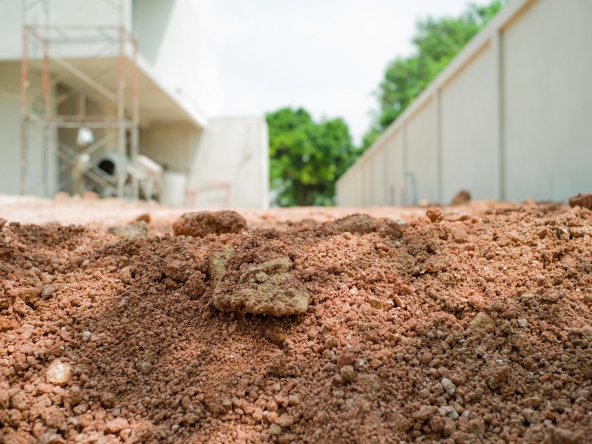Many Kenyans are considering buying off-plan when they want to buy their own homes or invest in real estate. If you haven’t heard of it yet, this is when you pay for a home before construction begins, usually during the design phase. Construction begins with a deposit and is paid off in instalments as work progresses. Your new property is handed over to you at the end of the process.
Buying off a plan can be very rewarding, earning one massive return.
However, it’s important to be aware of potential pitfalls when purchasing off-plan properties. To guide you, here are some important dos and don’ts to keep in mind.
Do your homework
Do your homework real estate projects can be expensive. Why invest a lot of money into something you don’t know much about? Ask questions about the developer and the project. See how other real estate projects have been done in the area the developer is planning to build in. What are the profits? How long will the project take to complete? How much will the project cost? Your research will help you decide if the project is worth it.
Plan Well
When you finally decide to buy off plan, you need to plan for it. Proper planning is essential. Make sure your finances for the duration of the project are in order. It will also help you decide what you intend to do with the unit once it’s finished- whether you plan to rent, lease, or live in it. You need to be able to balance your instalments and your other expenses. Planning will let you know whether you can even afford the project in the first place.
Consider the locations
In the real estate industry, it is commonly emphasized to prioritize location when investing. Whether one prefers urban vibrancy or rural tranquility, selecting the right location is crucial. Being selective about this choice can yield long-term benefits. Important factors to consider include infrastructure accessibility, local area development, and property resale potential.
Consult
Consulting with experts before starting a project is crucial, even though we may be tempted to skip this step to avoid consultation fees. By seeking expert advice, you can avoid potential disasters and ensure you are not overcharged by developers. It is also advisable to have a lawyer review your contract before signing and to verify the feasibility of construction details, promised by your developer with other contractors.
Do thorough Inspection
Frequently visit the site during the construction phase. Monitor your home’s progress closely. Communicate any concerns to your developer promptly. Stay engaged to ensure your home stays on schedule. Identifying and addressing any issues promptly will allow for a timely response.
DO NOT
Do not Trust Blindly
Be cautious when trusting. Sadly, the Kenyan real estate industry is currently saturated with numerous developers, but regrettably, not all of them are trustworthy. It can be challenging to differentiate between fraudulent individuals and reputable companies. Therefore, when conducting your research, seek information from diverse sources. Avoid blindly relying on one person’s opinion. Steer clear of developers who make unverifiable claims.
Be cautious when signing contracts
Avoid signing a contract that you do not fully comprehend. Contracts hold legal weight, and by signing one, you commit to all its terms. Do not allow the thrill of acquiring a new home to overshadow your caution; carefully review all details. It is advisable to have a legal expert review the contract independently, clarify any ambiguities, and assist with necessary amendments. Remember to retain certified copies of all signed documents.
Avoid missing an instalment payment at all costs
Ensure you make all payments on time when purchasing off-plan property. Typically, this involves an initial down payment followed by instalment payments. Failure to make one or more instalment payments as agreed could result in financial consequences. In some cases, developers may not provide a full refund and may retain your deposit. Additionally, the refund process may take longer than expected. Failing to fulfil your payment obligations could lead to losing the opportunity to own your desired home, underscoring the importance of careful financial planning to prevent such circumstances.





